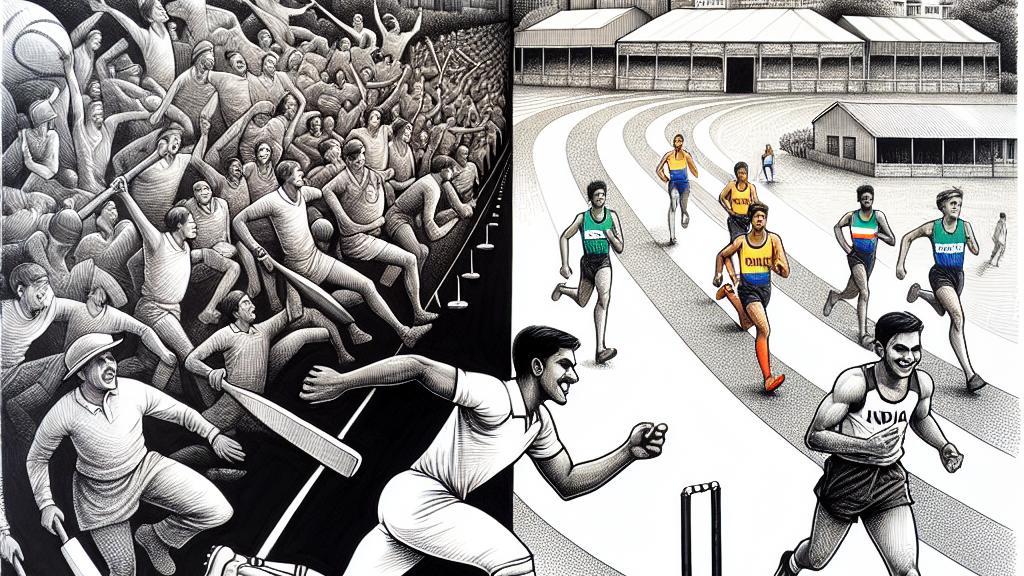Why Does India, the World's Most Populous Nation, Struggle in the Olympics?
Overview
- Despite being the most populous country, India has a surprisingly low count of Olympic medals.
- The caste system poses significant barriers to sports participation, impacting athletes from diverse backgrounds.
- Cricket's overwhelming popularity and funding divert resources away from potential Olympic champions in other sports.

India's Olympic Performance and Global Comparison
India's population exceeds 1.4 billion, making it the most populous nation on Earth, yet it ranks significantly low in Olympic medal counts. In the 2020 Tokyo Olympics, for instance, India secured just seven medals, a stark contrast to larger medal hauls from countries like the USA and China. The reasons are multifaceted: there is inadequate government investment across various sports, a lack of sports infrastructure at grassroots levels, and insufficient coaching for young athletes. In contrast, countries like Australia and Great Britain continually produce world-class athletes due to their comprehensive training programs and dedicated funding for Olympic sports, emphasizing the need for similar commitments in India.
The Role of the Caste System in Hindering Sports Participation
The caste system, which has deeply permeated Indian society, continues to impact various aspects of life, including sports. This hierarchical societal structure often discourages individuals from lower castes from pursuing athletic careers, labeling such pursuits as beneath them or socially unacceptable. Aspiring athletes from these communities face social stigmas, preventing them from accessing training facilities or participating in competitive sports. Conversely, the elite segments of society may perceive sports as a pursuit suitable only for lower castes, leading to an unspoken social divide that hampers talent development. This environment restricts a significant portion of the population from participating in sports at an elite level, culminating in fewer athletes representing India effectively on the international stage.
Cricket's Overwhelming Domination and Its Consequences
In India, cricket reigns supreme, overshadowing almost every other sport to the point where it monopolizes media coverage, sponsorships, and public enthusiasm. This fascination with cricket, while fostering a robust cricketing environment, significantly stunts the growth of other sports that could thrive with similar attention and resources. Government funds are disproportionately allocated to cricket, leaving other sports, like wrestling and athletics, malnourished in terms of investment and infrastructure. As a result, competitive sports outside cricket struggle to attract grassroots talent and media attention, which in turn stifles the potential for success at international competitions such as the Olympics. This cycle perpetuates the notion that cricket is synonymous with national identity, further marginalizing alternative sports that could contribute to a more balanced and achievable representation on the Olympic stage.

Loading...